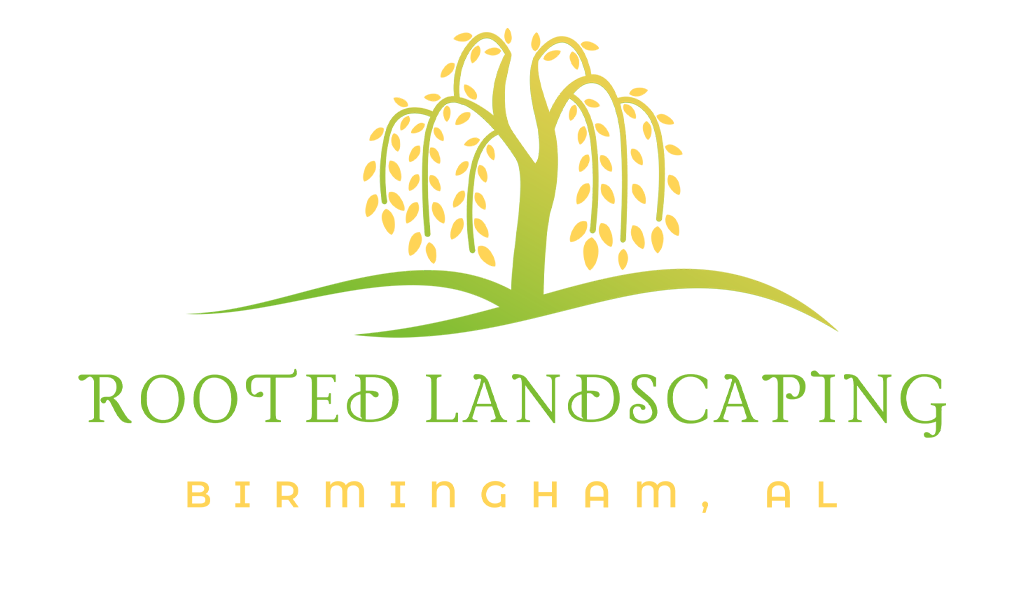Creating a Sustainable Landscape in Vestavia Hills, AL
As residents of Vestavia Hills, Alabama, we are privileged to live in a beautiful and vibrant community surrounded by stunning natural landscapes. However, as stewards of the environment, it is our responsibility to ensure that our own yards and outdoor spaces are also sustainable and eco-friendly. By implementing sustainable landscaping practices, we can not only contribute to preserving the local ecosystem but also create a healthier and more beautiful environment for ourselves and future generations.
Here are some tips for creating a sustainable landscape in Vestavia Hills, AL:
1. Native Plants: One of the easiest ways to promote sustainability in your landscaping is by using native plants. Native plants are adapted to the local climate and soil conditions, which means they require less water, fertilizer, and pesticides to thrive. By planting native species, you can attract local wildlife, conserve water, and reduce maintenance costs.
2. Water Conservation: Water is a precious resource, especially in Alabama where droughts are not uncommon. To conserve water in your landscape, consider installing a rain barrel to collect rainwater for irrigation, planting drought-tolerant plants, and using mulch to retain soil moisture. Additionally, consider replacing traditional turf grass with native grasses or groundcovers that require less water.
3. Organic Practices: Avoid using chemical fertilizers and pesticides in your landscape, as these can harm beneficial insects, pollinators, and soil health. Instead, opt for organic fertilizers and natural pest control methods such as companion planting, hand-picking pests, and introducing beneficial insects like ladybugs.
4. Composting: Composting is a great way to reduce waste, improve soil health, and recycle nutrients back into your landscape. By composting kitchen scraps, yard waste, and other organic materials, you can create nutrient-rich soil amendment for your plants and reduce the need for synthetic fertilizers.
5. Energy Efficiency: Consider incorporating energy-efficient lighting, solar-powered features, and native shade trees into your landscape design to reduce energy consumption and create a more sustainable outdoor space.
6. Wildlife Habitat: Create a habitat for local wildlife in your landscape by providing food sources, water features, and shelter. Planting native flowers, shrubs, and trees that attract pollinators like bees and butterflies can help support biodiversity and create a thriving ecosystem in your own backyard.
By implementing these sustainable landscaping practices in Vestavia Hills, AL, we can all do our part to protect the environment, conserve resources, and create a more beautiful and resilient community for ourselves and future generations. Let’s work together to create a sustainable landscape that benefits both our local ecosystem and our own well-being.


